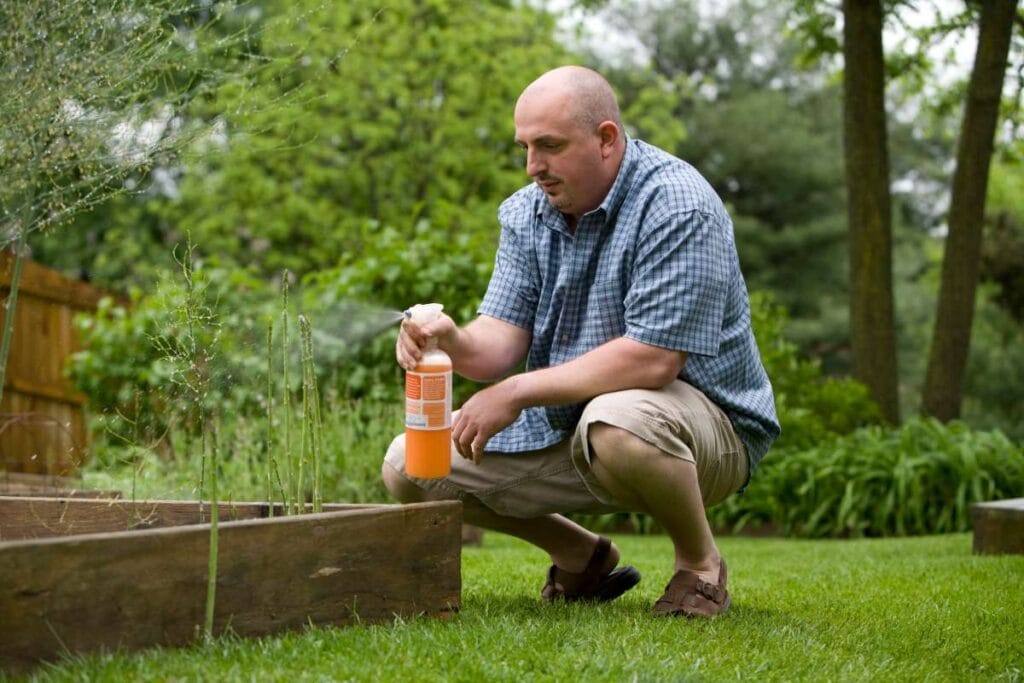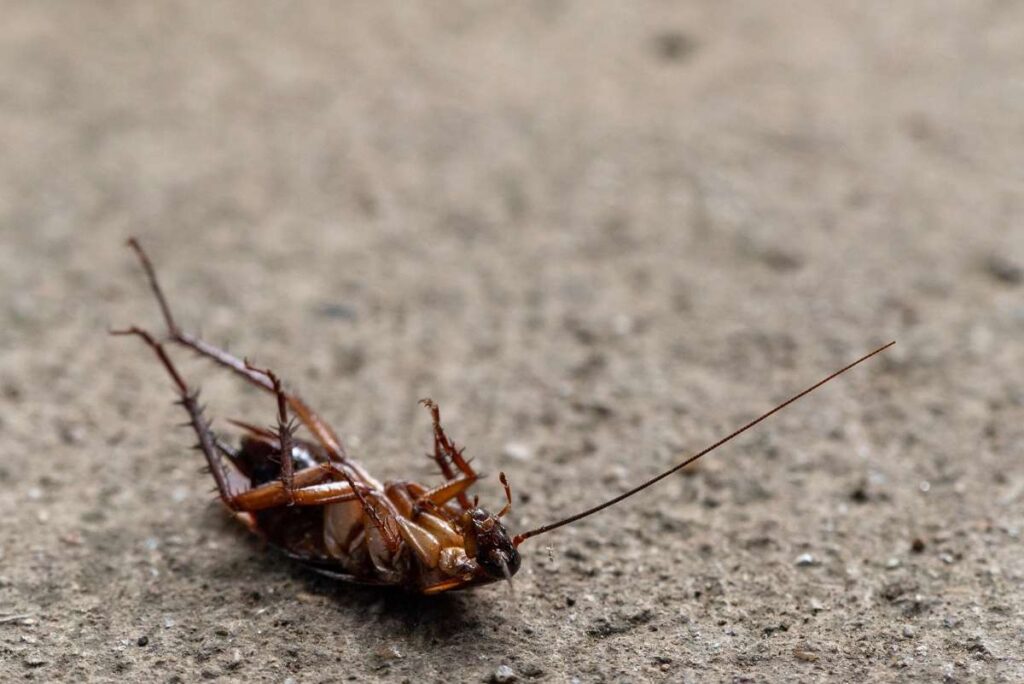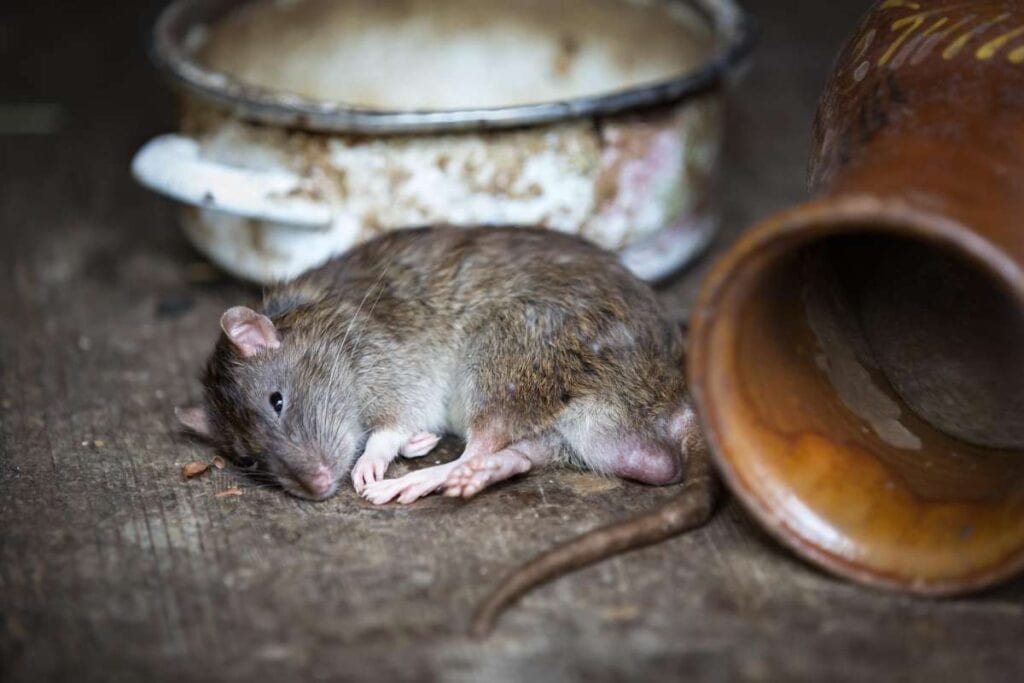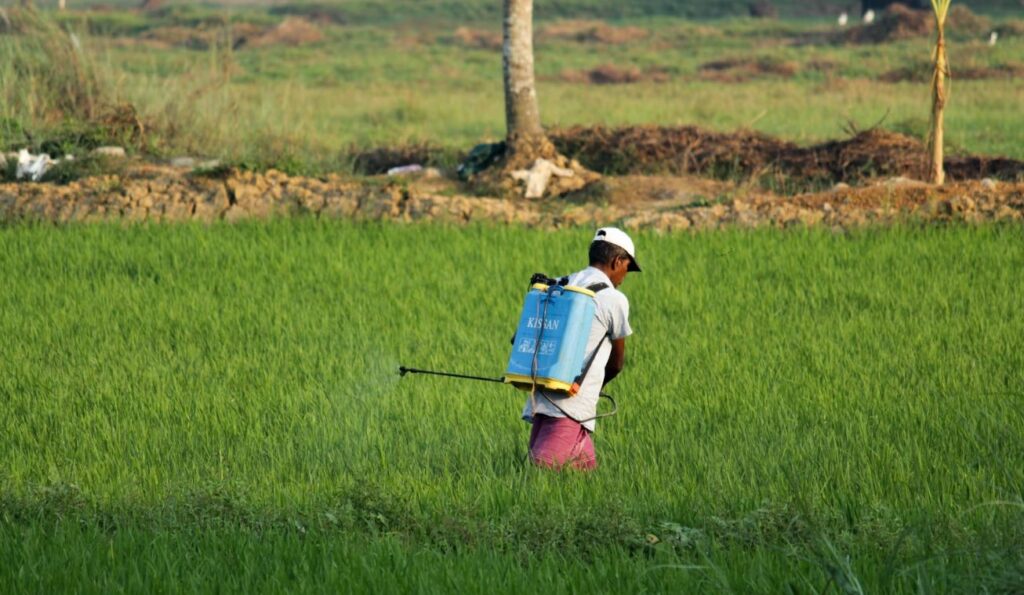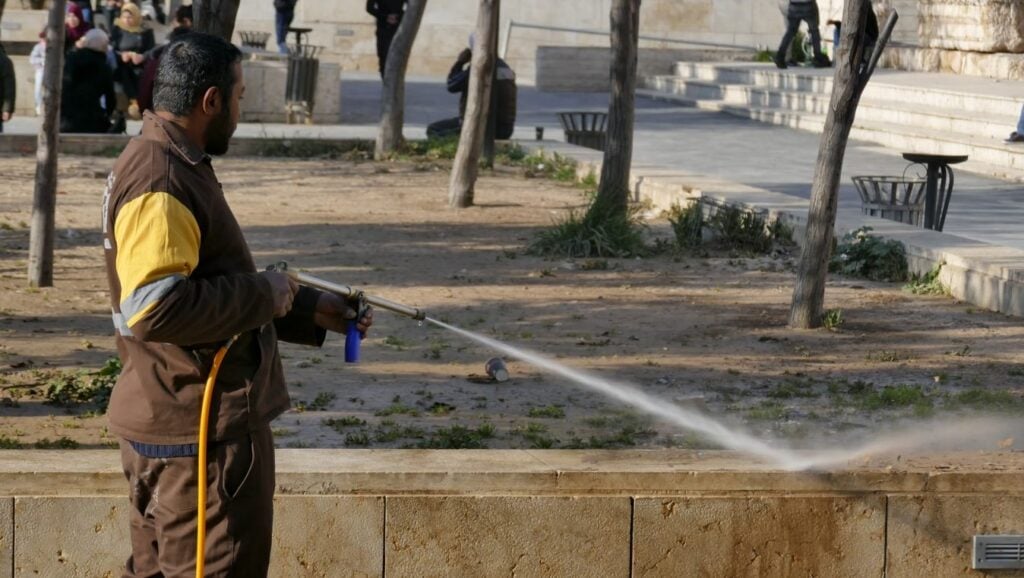Mosquitoes are problems, but they pose a serious health risk because of the diseases they transmit, including Zika, dengue fever, and malaria.
As summer approaches, many homeowners make the fight against these small but annoying bugs a major concern. You need to take preventative actions, manage your surroundings, and intervene specifically to control mosquitoes in your yard.
Understanding Mosquitoes And Their Role In The Environment
The biting sensation that mosquitoes provide is well-known. To lay their eggs, mosquito mothers draw on the proteins found in the blood of mammals. With their lengthy beaks, they rip the flesh to the quick to draw blood. Their saliva triggers an allergic reaction, resulting in an extremely irritating lump that can persist for several days to a few weeks.
The most common gripe people have with mosquitoes is the bites. You can lose your summer's days—if not weeks—because of just one annoying bite. However, it is well-known that mosquitoes transmit some of the deadliest diseases in the world. Their saliva can spread viruses from host to host, causing severe illness, when they bite multiple hosts.
Mosquitoes stand out because their environmental worth remains unknown to experts. Many insects and other pests are important in maintaining a healthy ecosystem. However, the question of whether or not tomorrow's total mosquito eradication would have any impact on the environment remains open. They are a waste of space and a possibly deadly insect.
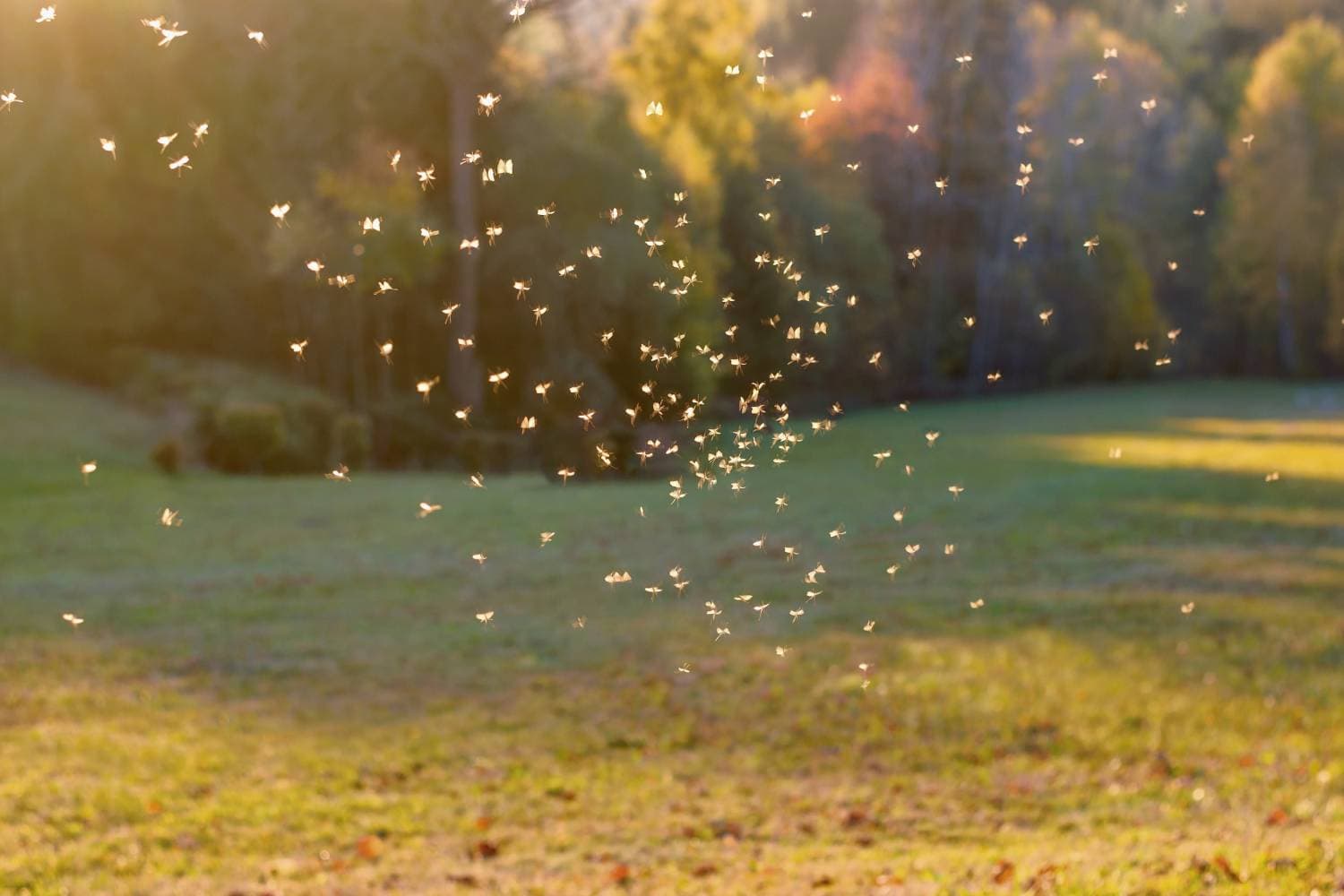
Risks Associated With Mosquitos
It is also possible for mosquitoes to transmit diseases to humans through their saliva. The ability of mosquitoes to transmit various diseases from infected hosts to humans makes their bites dangerous and, in some cases, deadly.
More than one million people die every year from diseases transmitted by mosquitoes. Efforts to control insect populations have nearly eliminated diseases like malaria.
Still, new strains of the virus and different types of disease vectors provide a threat that these and other diseases could return. Furthermore, because vaccines are not yet available, many additional diseases are still common.
Mosquitoes have transmitted the following diseases in recent years:
- Zika Virus
- Dengue Fever
- West Nile Virus
- Yellow Fever
- Chikungunya
- LaCrosse Encephalitis
- Eastern and Western Equine Encephalitis
Every year, about 5,000 cases of illnesses transmitted by mosquitoes are reported. The real figure can be greater because not everyone has symptoms. The most common and extensive disease is West Nile virus, but dengue fever and Zika only occasionally affect smaller regions.
Around 200 individuals lose their lives annually due to mosquito-borne diseases. The danger of mosquito-borne illnesses is most serious for youngsters and the elderly, and "rarer" infections, such as eastern equine encephalitis, are causing an alarming increase in fatalities.
Additionally, mosquitoes can infect cats and dogs with heartworm. However, the risk can be reduced with preventative medicine and therapies for pets who test positive.
Is It Difficult To Remove Mosquitoes?
Many would be grateful for a foolproof way to eliminate mosquitoes, or at least in their backyards. Currently, no therapy can guarantee the complete and utter elimination of mosquitoes. This is because mosquitoes pose several challenges for pest management, including:
Rapid Reproduction
Over seven hundred eggs can be laid by a single female mosquito for a few months of life. Some of those eggs can potentially develop into adult insects within a week if the conditions are favourable. These insects will then begin biting and laying eggs on their own. This causes a daily influx of thousands of mosquitoes into an area as tiny as a yard.
External Environment
It doesn't matter whether your yard is mosquito-free; you can only do something about the yards of your neighbours or any surrounding nature preserves that may be breeding grounds for these pests. These openings make it easier for pests to enter your yard for blood.
Mosquitoes Fly Erratically
Chemical treatments are typically applied to surfaces instead of air because they are more effective. Physical obstacles also impose limitations in space. On the other hand, mosquitoes are adept flyers and may circumvent chemical and physical obstacles.
Chemical Resistance
Since the beginning of the 20th century, pesticides have been used to repel mosquitoes, both on a residential and commercial basis. Some mosquitoes have acquired resistance to the usual formulations of mosquito treatments, resulting in the effectiveness of these treatments being lower than in the past.
Extensive Habitat
A mosquito can deposit one hundred eggs in an area as small as a bottle's cap. Because of this, mosquitoes can breed in seemingly innocuous places, such as the crevices of a leaf or even a dog bowl, in the typical backyard.
How To Quickly Remove Of Mosquitoes
When getting rid of mosquitoes, the most efficient method is to start the process before encountering the first adult mosquito. If you get a head start, you may eliminate mosquito breeding grounds in your yard and lessen the number of parasite pests that bother your property.
Whether or not this occurs depends on the weather where you live, but it often occurs during March and May. If you see snow regularly in the winter, it will be later.
No need to panic if mosquitoes have taken over your yard or if you are in a region where they are active throughout the year; there is still time. Whether you are seeking a remedy that will last you throughout the season or looking for a temporary fix, you can still get rid of them. The following choices are available:
Insecticides
When spread throughout a yard, these attract and destroy mosquitoes and their aquatic offspring. Applying mosquito treatments throughout a yard and locating each place that needs treatment can take several hours, depending on the treated area. Several doses spread out over several days may be required if the mosquito infestation is bad. Additionally, rain might shorten the duration of the effectiveness of insecticides, necessitating additional applications.
Repellents
Repellants are the quickest approach to getting rid of mosquitoes since they start working immediately. Repellents do not kill mosquitoes but make them less prone to bite. So, repellents are only good for short-term use or a limited region and don't work in the long run. There is a possibility that you will still encounter mosquitoes, but the likelihood of them biting you lowers.
How To Naturally Remove Mosquitoes
Many natural solutions have been found to repel mosquitoes, which is great news if you'd rather not use insecticides or if you're looking for ways to beef up your protection against these pesky pests. If you still need to possess these products, you can frequently find them at local stores at prices that are easily within your budget.
Many chemical-free commercial products and home cures rely on anecdotal evidence rather than scientific evidence for their efficacy. This is not to say that they are useless; it's just that they may be more successful in some settings or against certain kinds of mosquitoes. There is no foolproof approach for immediately eliminating mosquitoes, not even chemicals. Therefore, the effectiveness of natural remedies may vary.
On the other hand, these techniques are typically inexpensive and simple to implement. They are not likely to cause any damage to your family, which means minimal risk is involved in trying to apply them.
Mosquito-Repelling Home Remedies
There are a lot of plants and smells that people claim mosquitoes hate, so you can use them to keep them away from your yard or house. For a more natural approach to mosquito control in your backyard, consider utilising the following:
Smoke
If you have a fire pit outside, think about lighting a fire on an evening while you spend time outside. Because of the wood smoke, mosquitoes will be kept at home.
Sprinkle Coffee Grinds
Standing water can be remedied even after you've exhausted every possible means of removing surplus moisture from your yard. The larvae will suffocate if you sprinkle coffee grounds on the puddles. Another option is to burn the extra ground; this will keep the adults away.
Garlic Spray
Garlic has a natural sulphur content that repels insects. To create a spray, boil some water with a few crushed garlic cloves. Use this water spray both inside and outside. Garlic kills mosquitoes instantly and keeps them at bay for weeks—but you won't be able to smell it for more than a short while.
Plants
Plants such as mint, lavender, basil, and citronella also keep insects at bay. For continuous mosquito control, plant the seeds in your garden or place them in a container next to a sitting area. It is also possible to achieve a similar effect by placing sprigs of the plants in various locations.
Citronella
Citronella is a plant that inhibits the growth of mosquitoes. Although you can set up the plant itself, most people find that citronella candles made with plant oil work better. These candles can be easily placed in a designated location and keep mosquitoes at bay for up to three feet.
You may find these candles at many general merchandise stores, especially hardware and garden centres, and even on the internet. Citronella plants are another option for reducing mosquito populations in your yard.
Natural Personal Mosquito Repellents
You can also get mosquito repellents made of natural ingredients that you can rub onto your skin or wear on your clothing. You can use them in your yard alongside repellants or take them into exposed locations to keep yourself safe. Here are some potential solutions:
Coverings
Wearing long pants and long sleeves reduces the amount of skin that mosquitoes have access to bite, as mosquitoes do not normally bite through clothing.
Mouthwash
One of the ingredients in Listerine mouthwash is eucalyptus oil. Even if you can make your eucalyptus oil spray, a quick and easy approach to keep mosquitoes at bay is to dab some mouthwash on your skin.
Lemon Balm
If you crush lemon balm and massage it on your skin, it will ward off mosquitoes. Lemon balm is part of the mint family but has an intense citrus aroma. You can also get lemon balm in a cream form.
Outdoor Soap
To avoid being bitten by mosquitoes, try using a chemical-free deodorant. They include many oils that are effective in warding off pests.
Do-It-Yourself Mosquito Control Without Insecticides
Products you can use in your yard or home to ward off mosquitoes are another option besides repellents. Some cater only to mosquitoes, and others can assist with them as a bonus. Among them are:
Mosquito Traps
Like a zapper, a mosquito trap attracts mosquitoes with heat and a pleasant aroma. The mosquito traps have a low-powered vacuum that, as soon as it gets too close, draws the bug in, where it will die.
Install Fans
Mosquitoes can only accomplish speeds of approximately 1 to 1.5 miles per hour when flying. Even a slight breeze will thwart their landing attempts. The most essential reason fans are attractive is that they distribute the carbon dioxide that you exhale. In addition to reducing your body temperature, it eliminates perspiration, a food source for mosquitoes.
Bug Zappers
An electrical device called a bug zapper uses heat and carbon dioxide to attract mosquitoes. An immediate and lethal electrocution occurs when a mosquito or other flying insect approaches the gadget. Mosquito control professionals disagree on whether these gadgets work; some claim they attract more mosquitoes than they eliminate.
Screens
You can use mesh netting as a screen to keep mosquitoes out of smaller spaces. Decks and patios are the ideal places for this. Placing netting over entryways and beds can assist in controlling mosquito populations within a home.
Ultrasonic Repeller
The tiny gadgets supposedly ward off mosquitoes by releasing ultrasonic pulses. All you have to do is connect it to an electrical socket, and the ultrasonic waves will effectively repel mosquitoes within a thousand square feet. Additionally, there are portable, battery-operated ultrasonic repellents that one can wear. They are ineffective, according to the majority of scientists.
Mosquito-Control Landscaping
To lessen the number of mosquitoes in your yard, it is vital to perform effective landscape upkeep. Reduce populations, breeding grounds, and resting places by using these preventative measures:
Landscape Your Yard
The small bloodsuckers prefer wet, shady, chilly areas. Allow the sunshine to illuminate your property while you trim shrubs, prune trees, and mow the lawn. In addition, cedar mulch serves to both ward off insects and collect runoff from the ground.
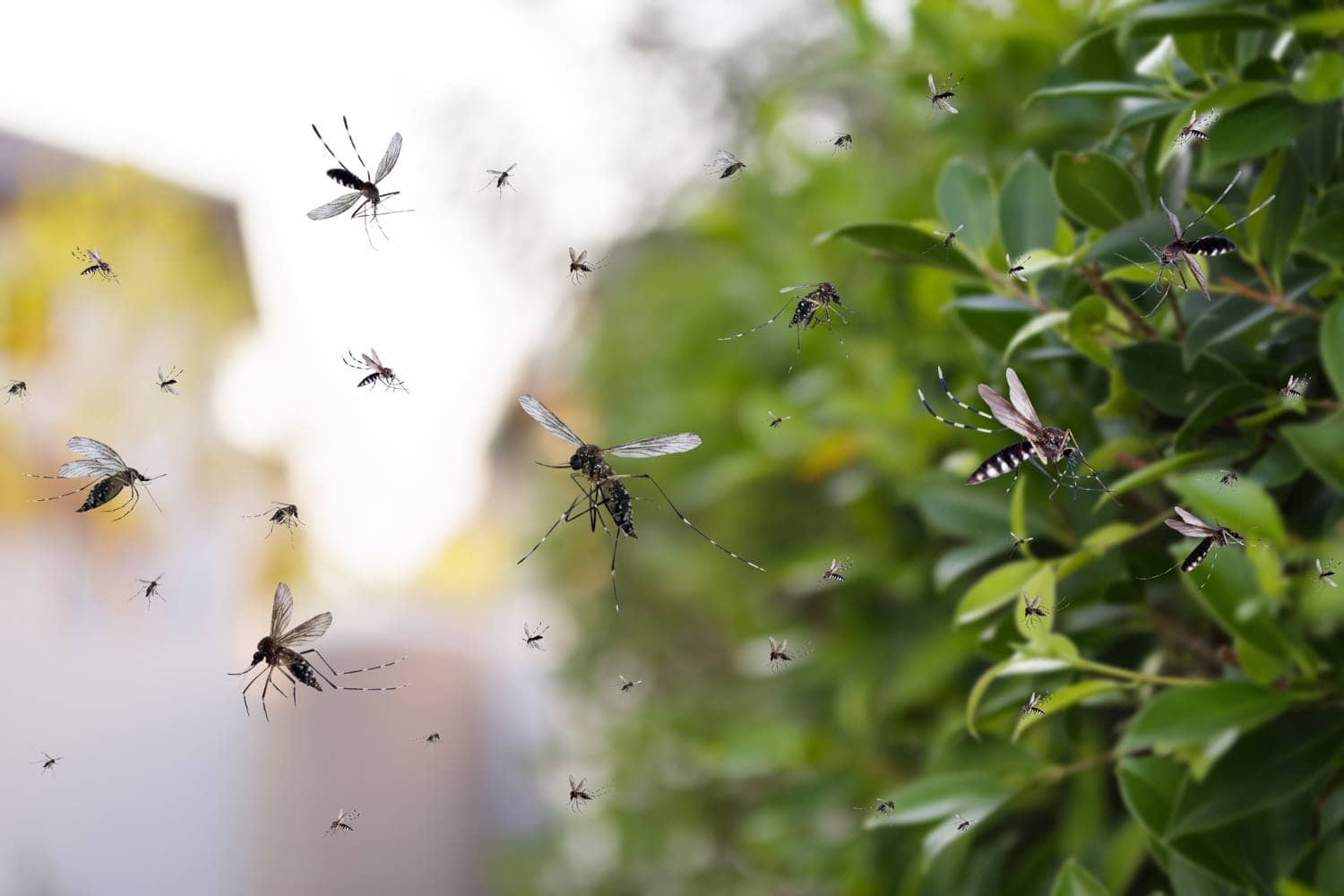
Pruning Shrubs and Bushes
You may have seen that mosquitoes attack more frequently in warm, humid, and still weather or when you're in a sheltered region with little to no wind, like a forest canopy. To decrease the amount of cover your garden provides to mosquitoes and increase air circulation, you should weed the area, pick up any fallen branches or leaves, keep the grass at the correct height, and prune any hedges, bushes, or trees.
Dethatch
Not only can mosquitoes deposit their eggs in water, but they also seek damp environments, like the one your lawn provides, due to the abundance of thatch. If you dethatch and aerate it regularly, your lawn will be less likely to be a mosquito breeding ground. This will improve air circulation, decrease humidity, and avoid waterlogging. Layers of thatch should be at most 12.5 mm.
Prune vegetation
Pruning and trimming shrubs and trees enhance air circulation and sunlight penetration while also improving the visual attractiveness of your yard. Prudently managed plant life has the dual benefit of improving the visual appeal and reducing shaded areas where mosquitoes frequently hide, thereby promoting a mosquito-free environment.
Conclusion
Mosquitoes pose a serious health risk due to the diseases they transmit, including Zika, dengue fever, and malaria. They transmit these diseases through their saliva, causing severe illness when they bite multiple hosts. Mosquitoes are a waste of space and potentially deadly insect, and their environmental worth remains unknown.
Mosquitoes have transmitted several diseases, including Zika Virus, Dengue Fever, West Nile Virus, Yellow Fever, Chikungunya, LaCrosse Encephalitis, and Eastern and Western Equine Encephalitis. About 5,000 cases of illnesses transmitted by mosquitoes are reported annually, with the most common being West Nile virus. Around 200 people die annually due to mosquito-borne illnesses, with the risk being most severe for children and the elderly.
Removing mosquitoes is challenging due to their rapid reproduction, external environment, erratically flying, chemical resistance, and extensive habitat. Mosquitoes can deposit eggs in seemingly innocuous places, making it difficult to eradicate them completely. Preventative measures, managing surroundings, and intervening specifically to control mosquitoes in your yard are essential for maintaining a healthy ecosystem.
Mosquitoes can be quickly removed by starting the process before encountering the first adult mosquito. This can help eliminate mosquito breeding grounds and reduce the number of parasite pests in your yard. Insecticides are effective in repelling mosquitoes, but they can take several hours to apply and may require multiple doses spread over several days. Repellents are the quickest approach, but they do not kill mosquitoes but make them less prone to bite.
Natural solutions to repel mosquitoes are available at affordable prices, but they rely on anecdotal evidence rather than scientific evidence. There is no foolproof approach for immediately eliminating mosquitoes, and natural remedies may vary in effectiveness. Some natural mosquito-repelling home remedies include using smoke, sprinkle coffee grinds, garlic spray, plants like mint, lavender, basil, and citronella, and citronella candles made with plant oil.
In summary, mosquito control can be achieved through various methods, including insecticides, natural remedies, and natural remedies. While there is no foolproof approach, these methods are typically inexpensive and simple to implement, and they are not likely to cause any damage to your family.
Mosquito repellents can be made from natural ingredients, such as eucalyptus oil, lemon balm, or a chemical-free deodorant. Coverings, mouthwash, fans, bug zappers, screens, and ultrasonic repellents can help reduce mosquito populations and breeding grounds.
Coverings reduce the amount of skin that mosquitoes can bite, while mouthwash is a quick and easy way to keep mosquitoes at bay. Fans distribute carbon dioxide, reducing body temperature and eliminating perspiration, a food source for mosquitoes.
Bug zappers use heat and carbon dioxide to attract mosquitoes, but some claim they attract more than they eliminate. Mesh netting can be used as a screen to keep mosquitoes out of smaller spaces, while ultrasonic repellents are ineffective.
Mosquito-control landscaping involves reducing populations, breeding grounds, and resting places by reducing vegetation, such as weeding, pruning shrubs and bushes, dethatching and aerating the lawn, and pruning vegetation.
Pruning and trimming shrubs and trees improve air circulation, sunlight penetration, and visual appeal, while reducing shaded areas where mosquitoes often hide, promoting a mosquito-free environment. Overall, effective landscape upkeep and landscape management can help reduce mosquito populations and breeding grounds.
Content Summary
- Mosquitoes pose a serious health risk due to diseases like Zika and dengue fever.
- As summer nears, homeowners focus on combating mosquitoes in their yards.
- Preventative actions and environmental management are crucial for mosquito control.
- Mosquito mothers rely on mammal blood proteins to lay eggs, causing allergic reactions.
- Mosquitoes transmit deadly diseases via saliva, impacting multiple hosts.
- The environmental impact of eradicating mosquitoes remains uncertain.
- Mosquito-borne diseases claim over one million lives annually.
- Efforts against malaria have been successful but face challenges from new virus strains.
- Zika, dengue fever, and West Nile Virus are among the diseases transmitted by mosquitoes.
- Mosquito-borne illnesses affect around 5,000 people each year.
- Eastern equine encephalitis poses an increasing threat, especially to children and the elderly.
- Mosquitoes can infect pets with heartworm, requiring preventative measures.
- Complete elimination of mosquitoes is currently impossible due to their rapid reproduction.
- External environments and neighbouring yards contribute to mosquito presence.
- Mosquitoes' erratic flight patterns challenge chemical treatments.
- Pesticide resistance decreases the effectiveness of mosquito control methods.
- Mosquitoes breed in small areas like bottle caps, making eradication difficult.
- Early prevention is key to effective mosquito control.
- Insecticides attract and destroy mosquitoes and their offspring but require multiple applications.
- Repellents offer immediate relief but are not a long-term solution.
- Natural solutions like smoke and coffee grounds repel mosquitoes effectively.
- Garlic spray and plants like mint and citronella deter mosquitoes naturally.
- Natural personal repellents like mouthwash and lemon balm offer protection.
- Mosquito traps and fans help control mosquito populations without insecticides.
- Bug zappers attract and eliminate mosquitoes but have varying effectiveness.
- Mesh netting screens keep mosquitoes out of smaller spaces like decks.
- Ultrasonic repellents claim to repel mosquitoes but lack scientific support.
- Effective landscape upkeep reduces mosquito breeding grounds and resting places.
- Sunlit landscapes with trimmed shrubs and pruned trees deter mosquitoes.
- Cedar mulch repels insects and aids in water runoff.
- Pruning shrubs reduces mosquito hiding spots and increases air circulation.
- Dethatching lawns prevents mosquito breeding in damp environments.
- Aeration reduces humidity and waterlogging, deterring mosquitoes.
- Pruning vegetation improves air circulation and reduces shaded areas for mosquitoes.
- Landscape maintenance improves yard aesthetics and mosquito control.
- Mosquitoes are most active in warm, humid, and still weather conditions.
- Weeding, grass maintenance, and debris cleanup decrease mosquito habitat.
- Proper lawn care reduces moisture levels, limiting mosquito breeding sites.
- Well-managed plant life enhances visual appeal and reduces mosquito habitats.
- Effective landscape management supports a mosquito-free environment.
- Mosquito control requires a combination of prevention and intervention methods.
- Natural and chemical solutions offer varying degrees of mosquito control.
- Environmental factors influence the effectiveness of mosquito control methods.
- Consistent application and maintenance are essential for long-term mosquito control.
- Collaboration with neighbours and community efforts can enhance mosquito control.
- Mosquito-borne diseases disproportionately affect vulnerable populations.
- Continuous research and innovation are necessary for improving mosquito control.
- Public awareness and education play a crucial role in mosquito prevention.
- Sustainable mosquito control practices are essential for environmental preservation.
- Combating mosquitoes requires a multi-faceted approach tailored to specific environments.
Frequently Asked Questions
Mosquitoes reproduce in stagnant water, making common breeding grounds found in flowerpots, birdbaths, clogged gutters, and other locations where water accumulates. Identifying and eliminating these stagnant water sources is essential for effective mosquito control and reducing the risk of mosquito-borne diseases in your yard.
Consider installing screens on windows and doors to safeguard your home against mosquito intrusion. Additionally, outdoor fans enhance airflow and create a barrier that deters mosquitoes. These measures fortify your defences against mosquito entry, ensuring a more comfortable and pest-free indoor environment.
Should persistent mosquito infestations prove challenging, seeking assistance from professional pest control services is prudent. These experts can offer targeted interventions and customised solutions tailored to your specific needs, effectively addressing the root causes of mosquito proliferation and restoring comfort to your living environment.
To effectively disrupt the mosquito breeding cycle, it is advisable to diligently remove standing water from various containers like flowerpots and bird baths every week. Consistent removal of stagnant water deprives mosquitoes of breeding sites, mitigating the risk of infestation and enhancing overall mosquito control efforts.
Given that mosquitoes exhibit peak activity levels during dawn and dusk, it becomes imperative to exercise heightened caution during these periods to minimise the risk of mosquito bites. Preventive measures such as wearing long sleeves, applying insect repellent, and staying indoors can reduce exposure to mosquitoes and potential mosquito-borne diseases.




